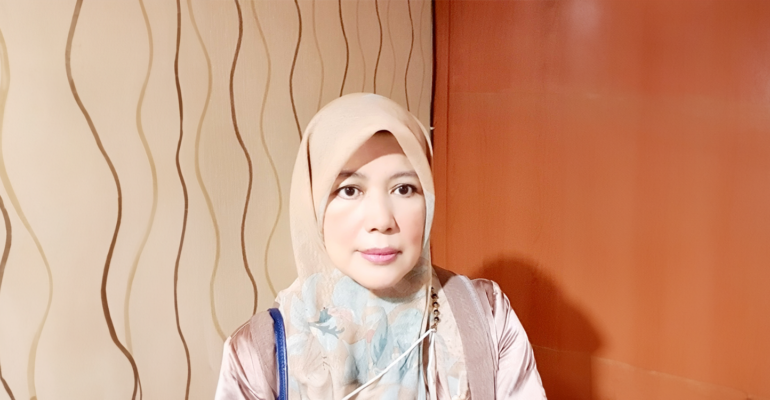MCH Law Officially Passed, This is the Response of IPB University’s Family Expert

The House of Representatives (DPR) has officially passed the Maternal and Child Welfare Bill (RUU KIA) into law. One of the main points regulated in the MCH Law is the welfare of mothers and children in the first thousand days of life. Pregnant women now have the right to extended leave of up to six months, which was previously only three months.
This important moment was also responded to by IPB University Family Expert, Prof Euis Sunarti. According to her, the inauguration of the KIA Law is a breath of fresh air for women who want to take part in the world of work. In addition, the existence of the KIA Law is proof of the state’s presence in guaranteeing the rights and welfare of mothers and children.
“Seeing from the principle, all parties should agree. Such as large (private) companies and state companies, are obliged to guarantee the rights and welfare of female workers who are pregnant and give birth,” said Prof Euis when interviewed by Radio Idola Semarang (6/6).
Specifically, Prof Euis highlighted the implementation mechanism of the 6-month maternity leave regulation, with 4 months of salary paid in full and 2 months of salary paid at 75%. “Indeed, this regulation needs to be adhered to by all parties, but we should not close our eyes that there are still many small and even medium-sized businesses with certain conditions that make it impossible to fully implement this regulation,” she said.
The IPB University Family Expert also mentioned that small and medium-scale businesses are still found in Indonesia with various conditions. This dynamic illustrates that there is a need for eligibility standards and supervision of a business that is considered to comply with the KIA Law.
“Ideally, there are representatives from companies and the government who assess and supervise the practice of the MCH Law in the field so as not to harm any party, including women workers and their families. Don’t let this law send the message that employing women is troublesome and detrimental. In fact, do not let recruitment mechanisms and work agreements emerge informally or under the hand, that female workers do not get pregnant until a certain working period, “concluded Prof Euis. (Fajar/Rz) (IAAS/RUM)



